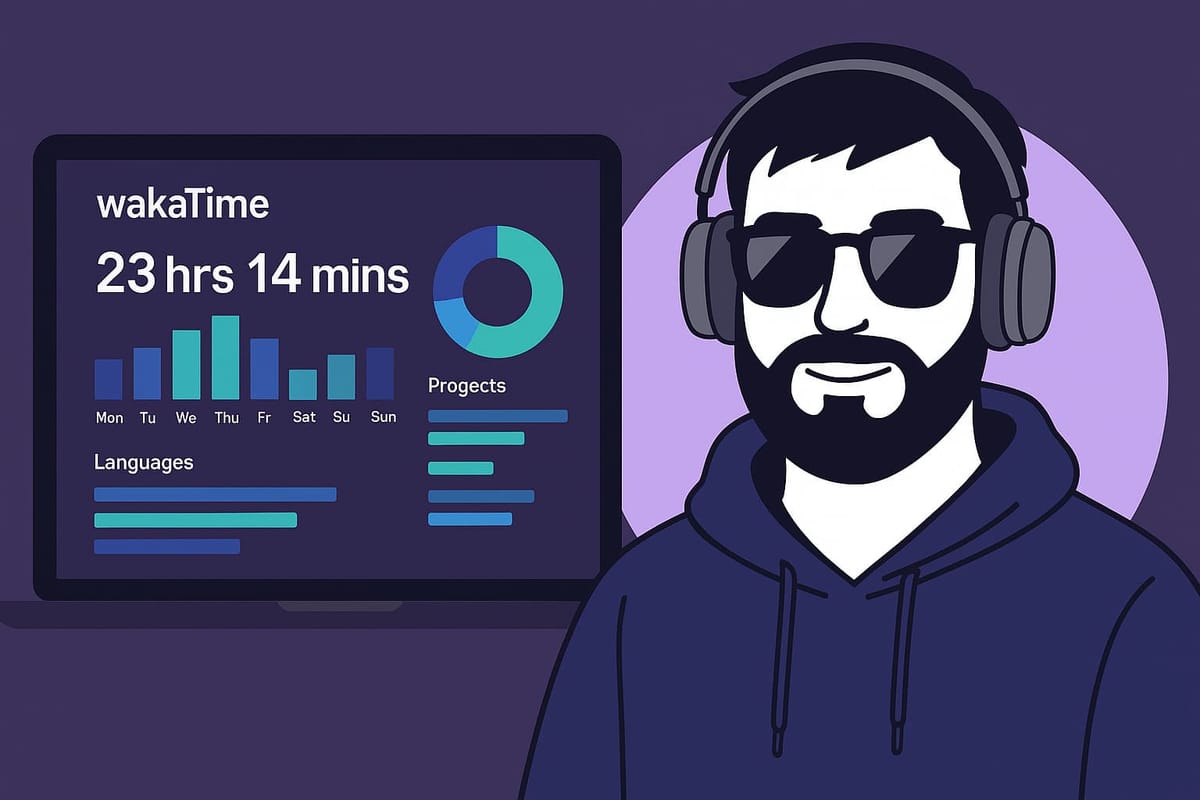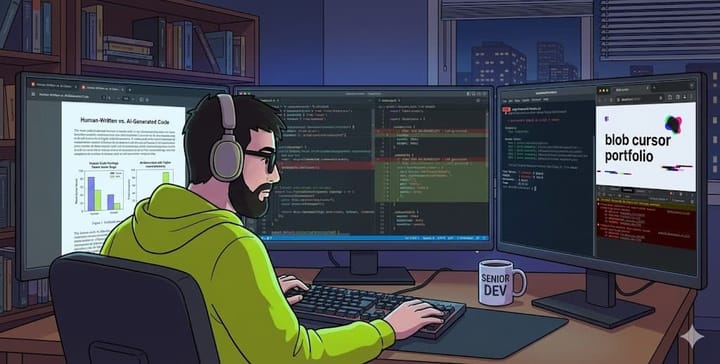How I Use WakaTime to Track My Dev Flow and Stay Accountable

Let's talk about time tracking. I know, just the sound of it makes most developers cringe. Who really likes the idea of someone keeping tabs on every minute of their day? I get it. I was skeptical too. It felt like another layer of surveillance in an already demanding industry. But then, I stumbled upon WakaTime, and everything changed.
I’m going to be super honest with you—I didn't like the idea at first. Time tracking felt intrusive, like someone was watching over my shoulder, counting every keystroke. But I realized I was looking at it the wrong way. WakaTime wasn’t about monitoring—it was about accountability. It’s the mirror I needed to reflect on how I was really spending my time.
Breaking the Misconception of Time Tracking
My initial thought? Time tracking is just a way for companies to squeeze more productivity out of developers. That was my mindset for a long time. But after using WakaTime, I realized it’s not about control—it's about self-awareness. It’s like putting your coding habits under a microscope, exposing the good, the bad, and the "what was I even doing?".
Before WakaTime, I was coding on autopilot. I’d spend hours tinkering with IDE themes or trying out random configurations without really thinking about what I was building. I wasn't fully aware of where my time was going. When I finally saw the raw data, it was like getting hit with the truth. I saw exactly how much time I spent coding, how much I wasted, and where I could improve. It was a wake-up call I didn't know I needed.
How I Discovered WakaTime and Integrated It into My Workflow
I first heard about WakaTime in 2022. I was part of a developer community where people started talking about tracking time while coding. My first thought? Seriously? You guys want to track every minute of your dev time? But curiosity got the best of me, and I decided to give it a try.
At first, I only installed it on one IDE. I just wanted to test it out, nothing serious. But the results were eye-opening. I could see exactly how long I spent coding, which languages I used the most, and which projects were eating up the bulk of my time. It didn’t take long before I integrated it with all my editors—Neovim, VS Code, and even my terminal sessions.
WakaTime became more than just a plugin; it became a part of my daily routine. I started checking my stats every Sunday, analyzing my productivity, and setting real goals based on actual data—not just vibes. It was empowering. I felt like I finally had visibility into how I was working.
The Real Insights: Measuring More Than Just Hours
WakaTime doesn’t just measure hours; it gives you real insights into your development flow. I started noticing patterns—like how certain hours of the day were way more productive than others. For example, I discovered that I am not a morning coder. My best work happens late at night, especially on Wednesdays. Weird, right? But it’s true. Saturdays? I might as well be a potato.
Another thing I found was how much meetings killed my productivity. When my calendar was packed, my coding time would drop to almost zero. I started compensating for it the next day, pushing double my usual output. Those insights forced me to rethink how I structured my week.
How I Use WakaTime Data to Improve My Workflow
Data doesn’t lie. Every Sunday, I sit down and review my WakaTime stats. I look for trends. If I’m spending too much time debugging and not enough time building, I adjust. If I see my hours are dropping, I think back to my week—Did I have too many meetings? Did I get distracted?—and I make a plan to fix it.
WakaTime taught me that time spent coding is not the same as being productive. It’s not just about clocking hours; it’s about focusing those hours on the right tasks. Now, before I even open my IDE, I know exactly what I want to accomplish. That clarity has changed everything.
Facing the Truth: Recognizing Patterns and Adjusting Strategy
One of the biggest revelations? Understanding the impact of distractions. If my calendar is filled with meetings, my coding output just crumbles. To fix this, I started blocking out coding time. No meetings. No distractions. Just pure focus.
By comparing weeks with heavy meeting loads to those with uninterrupted blocks of coding, I could clearly see the difference. That’s when I decided to be more aggressive about guarding my coding hours. Now, when I look at my WakaTime dashboard, I know exactly where my time went, and I can adjust my strategy accordingly.
Avoiding Burnout Through Mindful Coding
WakaTime also became a tool to help me avoid burnout. I started recognizing when I was pushing too hard—when my productivity would drop off a cliff. Now, I know my limits. I balance my workload better, making sure I’m coding hard when I’m productive but stepping back when I’m not. This awareness helps me keep a consistent output without hitting that wall of burnout.
Setting Goals and Tracking Progress Over Time
One of the best features of WakaTime is its weekly and monthly summaries. It gives me a clear perspective on my growth. I don’t just aim to code more—I aim to code smarter. I try to minimize debugging time by recognizing repetitive mistakes, and I optimize my work during my peak hours.
The data has also helped me break bad habits. Now, I know exactly when I’m most productive, and I build my deep work sessions around those windows. This change didn’t just make me more efficient; it made me more intentional.
Adopting New Habits and Rethinking Productivity
WakaTime made me rethink what productivity actually means. It’s not just about long hours or endless lines of code; it’s about solving problems and delivering results. Now, I prioritize debugging early, set clear goals before I start, and focus on building, not just typing.
Looking at my WakaTime stats, I realized how much time I used to waste on things like changing my IDE theme or fiddling with plugins. Those are distractions I can’t afford. When I’m coding, I’m coding—everything else can wait.
Wrapping Up: Why Time Tracking is Not Your Enemy
I get it—time tracking can feel invasive. But I’m telling you, WakaTime is different. It’s not about being watched; it’s about watching yourself. It’s a tool that exposes your strengths and your weaknesses. It forces you to be honest about how you’re spending your time, and it gives you the power to change it.
If you’re serious about leveling up your development skills, you need to be accountable. WakaTime is how you do that. You can’t improve what you don’t measure.




Comments ()